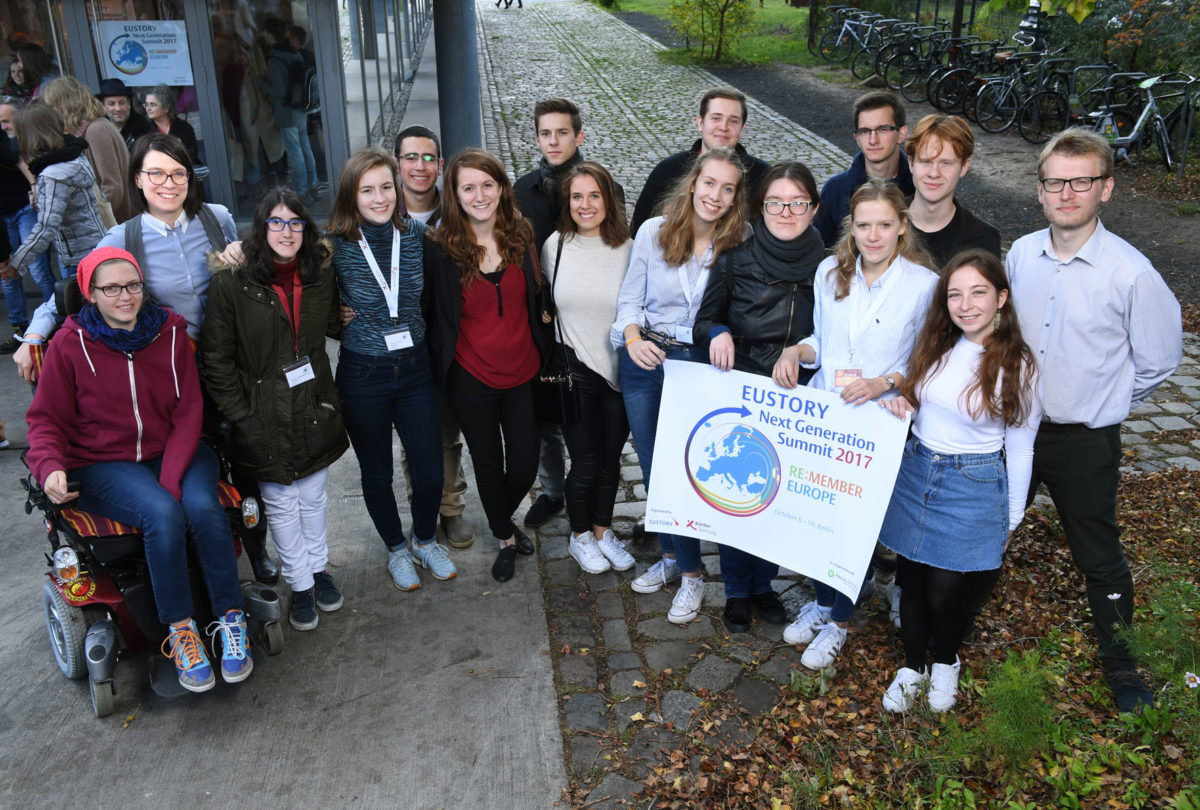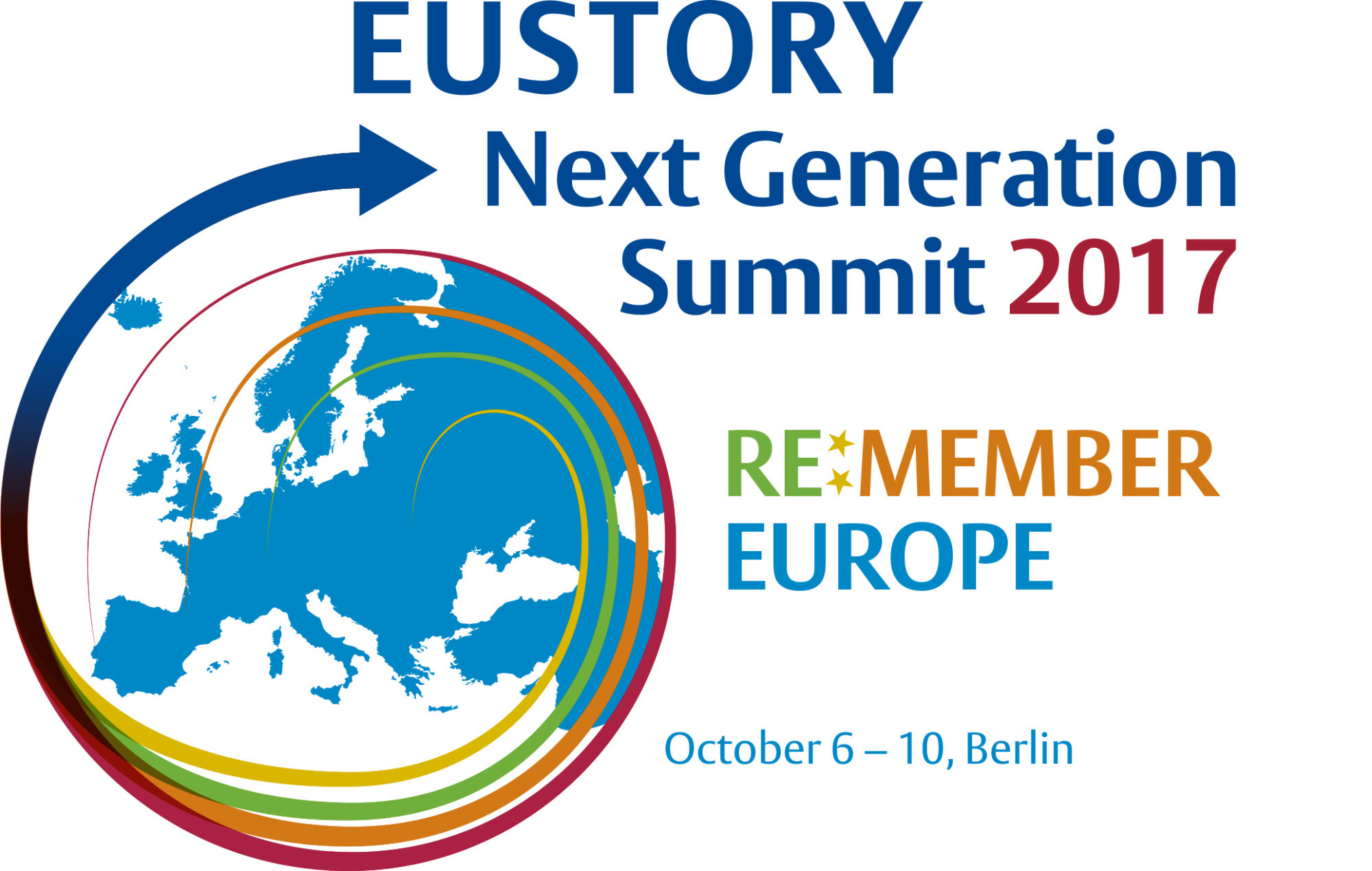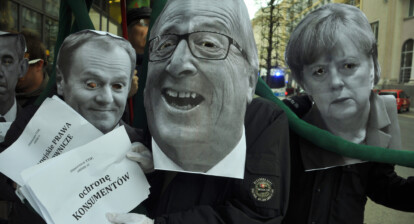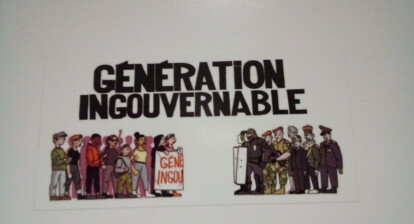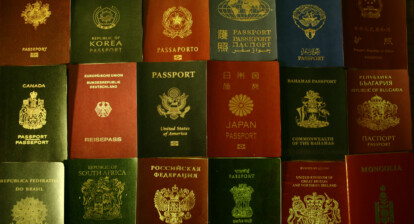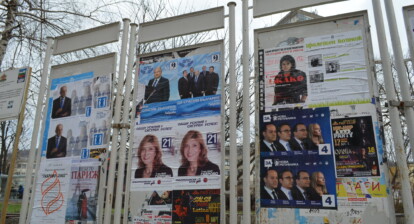In 2017, right-wing populism is omnipresent in Europe. Together with its language of fear and intolerance it poses one of the most pressing challenges for public and political life in the EU and beyond. But how exactly does populism come along in public debate and the media? What does it have to do with history? And what possible responses to its radical language may we provide? Participants of the workshop dealt with these questions about the current wave of political radicalisation in contemporary Europe and engaged in a critical media monitoring project.
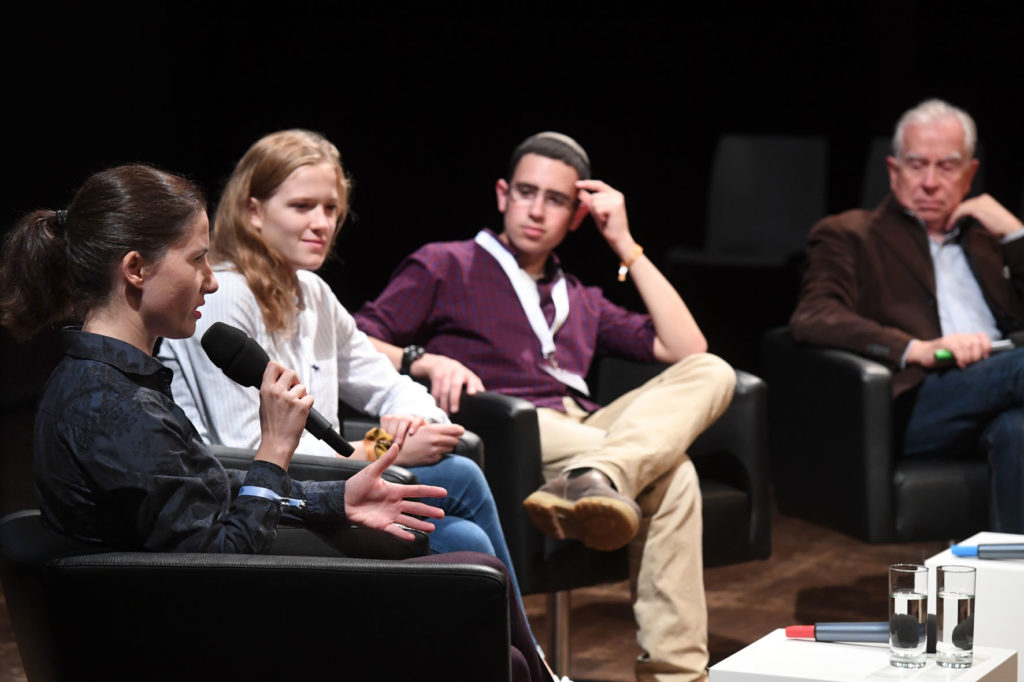
During the closing event the results of the workshop were presented in a panel discussion between Paolo Mancini, Professor of Sociology at the University of Perugia, and two participants of the workshop: Anna-Luisa Karl from Germany and Shahar Edelmann from Israel. Dr. Karolina Wigura of Kultura Liberalna Foundation in Warsaw moderated the debate. In focus were questions about personal experiences and conclusions from the workshop which the four panelists take home with them. Find the podcast of the discussion below!
I enjoyed my workshop, because we worked in groups and discussed a lot. Populism is a topic of history, but also of the present as you can see in the elections nowadays.
“I sensed a shared concern for maintaining European peace order and a commonly held aspiration to address the populism, nationalism, illiberalism, radicalism that we have in Europe”, said Franck Düvell after his talks with participants of the EUSTORY Summit in Berlin.
Read the full interview with Dr. Franck Düvell, Associate Professor at the University of Oxford
Workshop Partner


